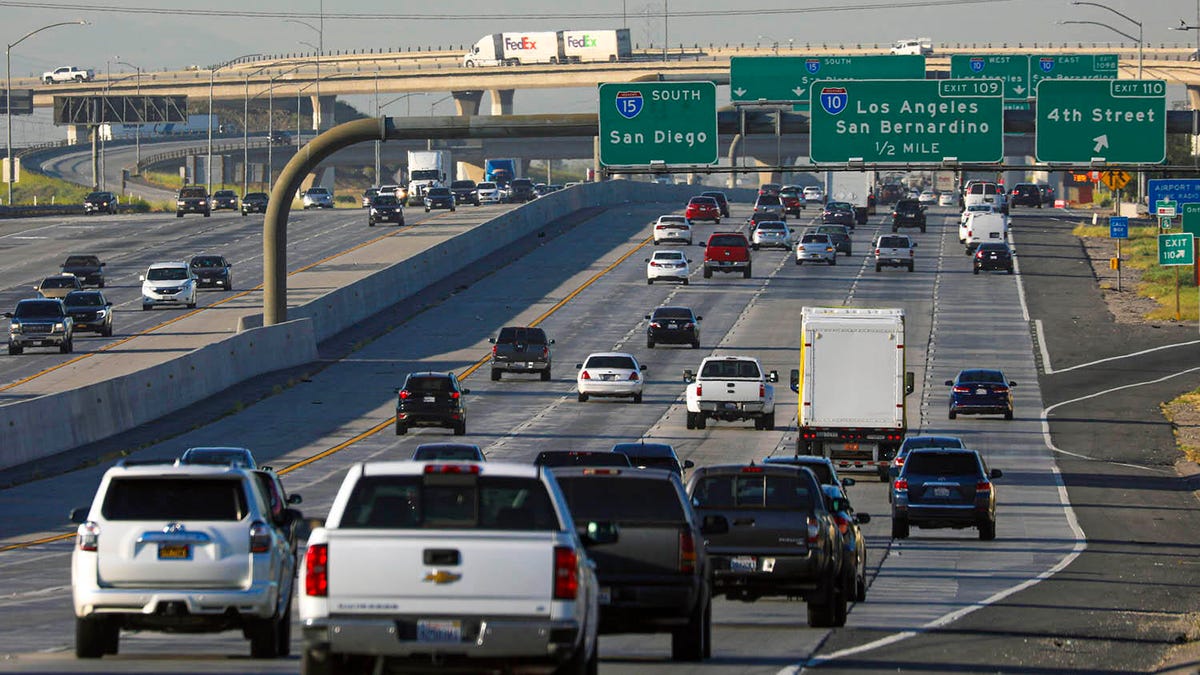Ford, Honda, VW and BMW seal California fuel-economy and emissions deal
The voluntary deal flies in the face of newly announced standards from the Trump administration.

The four automakers will improve fuel economy by 3.7% year-over-year, rather than 1.5%.
Ford, Honda, Volkswagen and BMW have agreed to continue to improve fuel economy and reduce emissions, despite softened regulations from the Trump administration.
The California Air Resources Board sealed a new deal with the four major automakers on the matter after initially announcing their intentions this time last year.
Each of the automakers, which together make up about 30% of global auto sales, agreed to improve fuel economy figures by 3.7% year-over-year starting in 2022. The current pact runs through 2026. The figure remains below the Obama administration's previous regulations stipulating 5% increases, but far higher than the Trump administration's 1.5% increase.
The voluntary agreement has produced its fair share of friction. Two months after the announcement, the US Department of Justice announced an antitrust investigation into each automaker, though the DOJ dropped the investigation shortly thereafter. It's also drawn a line between various automakers. Notably, Toyota , General Motors and Fiat Chrysler Automobiles did not side with California in the fuel economy and emissions battle.
Volkswagen said in a statement on the deal it's "pleased to have finalized our agreement with the state of California, supported by the 13 other states that have adopted California's vehicle emissions standards. While a single national standard remains our preference, this agreement achieves substantial annual greenhouse gas emissions reductions and provides a clear pathway for our brands to continue bringing consumer-focused innovation to the market."
In a statement, Ford said, "We are proud to lead the way in adopting meaningful greenhouse gas emissions reductions with California and do more to fight climate change. Our final agreement will reduce emissions in our vehicles at a more stringent rate, support and incentivize the production of electrified products, and create regulatory certainty that benefits the environment and reduces costs to customers."
BMW and Honda echoed the same overall message in their own statements. "We are pleased that the terms of our framework agreement with California to reduce greenhouse gas emissions is now final. By setting these long-term, predictable, and achievable standards, we have the regulatory certainty that is necessary for long-term planning that will not only reduce greenhouse gas emissions but ultimately benefit consumers as well," BMW said.
"This agreement enables Honda to continue its leadership in meaningfully addressing GHG emissions reductions by bringing a single nationwide fleet of vehicles to market that achieves substantial annual emissions improvements, builds momentum on electrification, offers regulatory certainty and reduces costs for our customers," the Japanese automaker said of the deal.
In May, California announced a lawsuit, joined by 22 other states, arguing against the Trump administration's weaker regulations.

